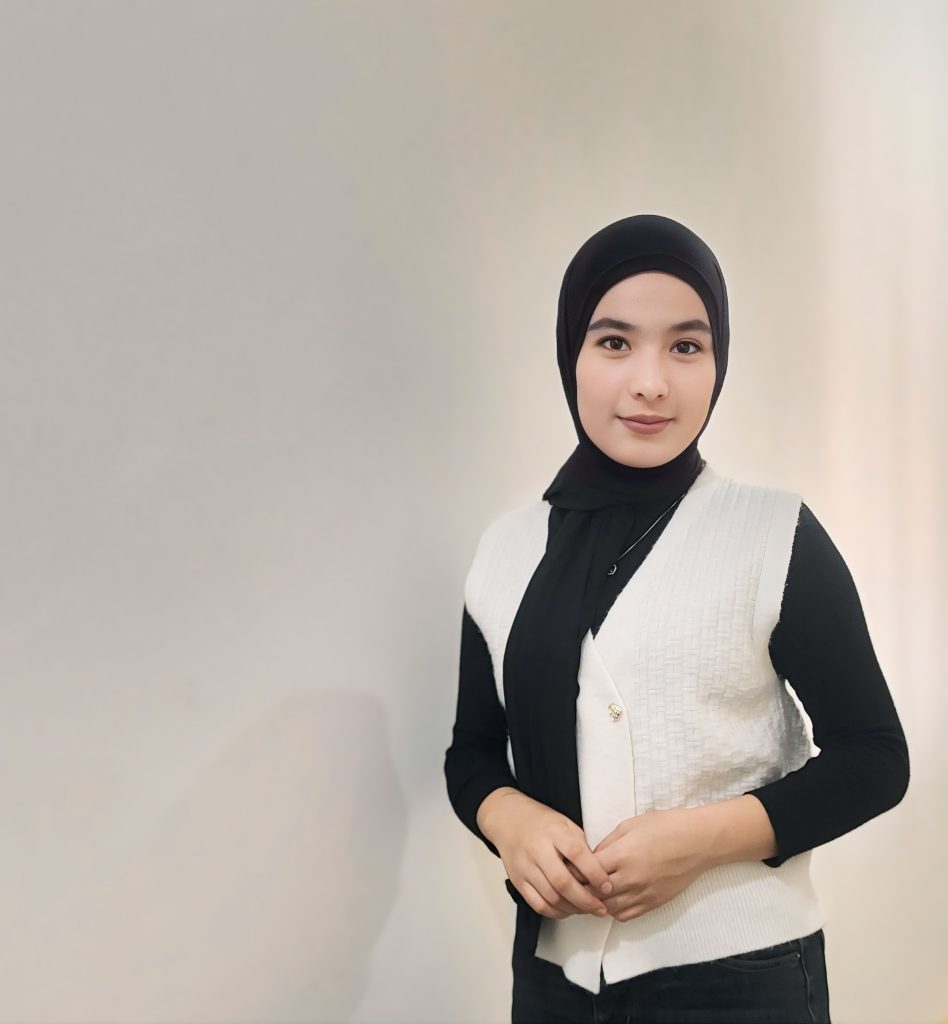
Innovative High-Tech Methods for Diagnosing and Treating Diabetes Complications in Connection with Tuberculosis
Xolmatova G.A., Toxirova R.
Andijan State Medical Institute
Diabetes mellitus (DM) is characterized by a disruption in metabolic processes in the body, leading to impaired immune system function and reduced immunity. Consequently, patients with diabetes are at an increased risk of developing infectious diseases, one of which is tuberculosis (TB). This study aimed to investigate innovative high-tech methods for diagnosing and treating diabetes complications in connection with tuberculosis.
The research involved 60 patients with type 1 diabetes who were under observation at the Andijan State Medical Institute clinic between 2022 and 2024. Among the main group, 39 patients had type 1 diabetes combined with autoimmune thyroiditis (AIT), 11 with tuberculosis, 5 with impaired glucose tolerance (IGT), 2 with Graves’ disease, 1 with both AIT and tuberculosis, and 2 with AIT and IGT. Growth and body mass index (BMI) values were consistent with age-appropriate averages, and no significant differences were observed between the groups (r=0.78 and 0.72, respectively).
In patients with co-occurring autoimmune pathologies, HbA1c levels corresponded to subcompensation of carbohydrate metabolism (8.36±1.94%) and were significantly higher than in the control group (7.45±1.12%, r=0.004). Insulin requirements in patients with multi-glandular damage did not differ significantly from those in the control group (0.85±0.31 U/kg vs. 0.93±0.52 U/kg, r=0.33).
Biochemical blood parameters showed no significant differences: total calcium (r=0.42), ionized calcium (r=0.49), phosphorus (r=0.26), alkaline phosphatase (r=0.71), cholesterol (r=0.32), lipoprotein fractions (r>0.05), triglycerides (r=0.08), urinary iron (r=0.41), and ferritin (r=0.70). However, TPO antibodies were significantly higher in the main group compared to the control group (327.41±469.91 IU/ml vs. 42.12±37.44 IU/ml, r=0.0001). TSH and C-peptide levels did not differ significantly between the groups (r=0.10 and 0.40, respectively).
Recommendations for improving medical care for children with diabetes:
Establish a monitoring system for all diabetes complications (specific and nonspecific) starting from the diagnosis.
Ensure adequate staffing of pediatric endocrinologists and establish regional endocrinology centers.
Strengthen coordinated collaboration across all stages of care among specialists.
Keywords: Diabetes mellitus, tuberculosis, reduced immunity.
Ruxshona Izzatbekovna Toxirova was born on July 25, 2004, in the Oltinkoʻl district of Andijan region. She is Uzbek by nationality. From 2011 to 2022, she studied at the 48th general secondary school in the Oltinkoʻl district. Currently, she is a third-year student at the Faculty of Pediatrics at Andijan State Medical Institute. She graduated from school with excellent grades and achleved numerous successes, actively participating in subject Olympiads. She is the coordinator of the Girls’ Club. She participated in the conference “INNOVATIVE APPROACH TO CURRENT ISSUES IN MEDICINE” held on March 29, 2024. She is also the author of many articles.

Thankyou